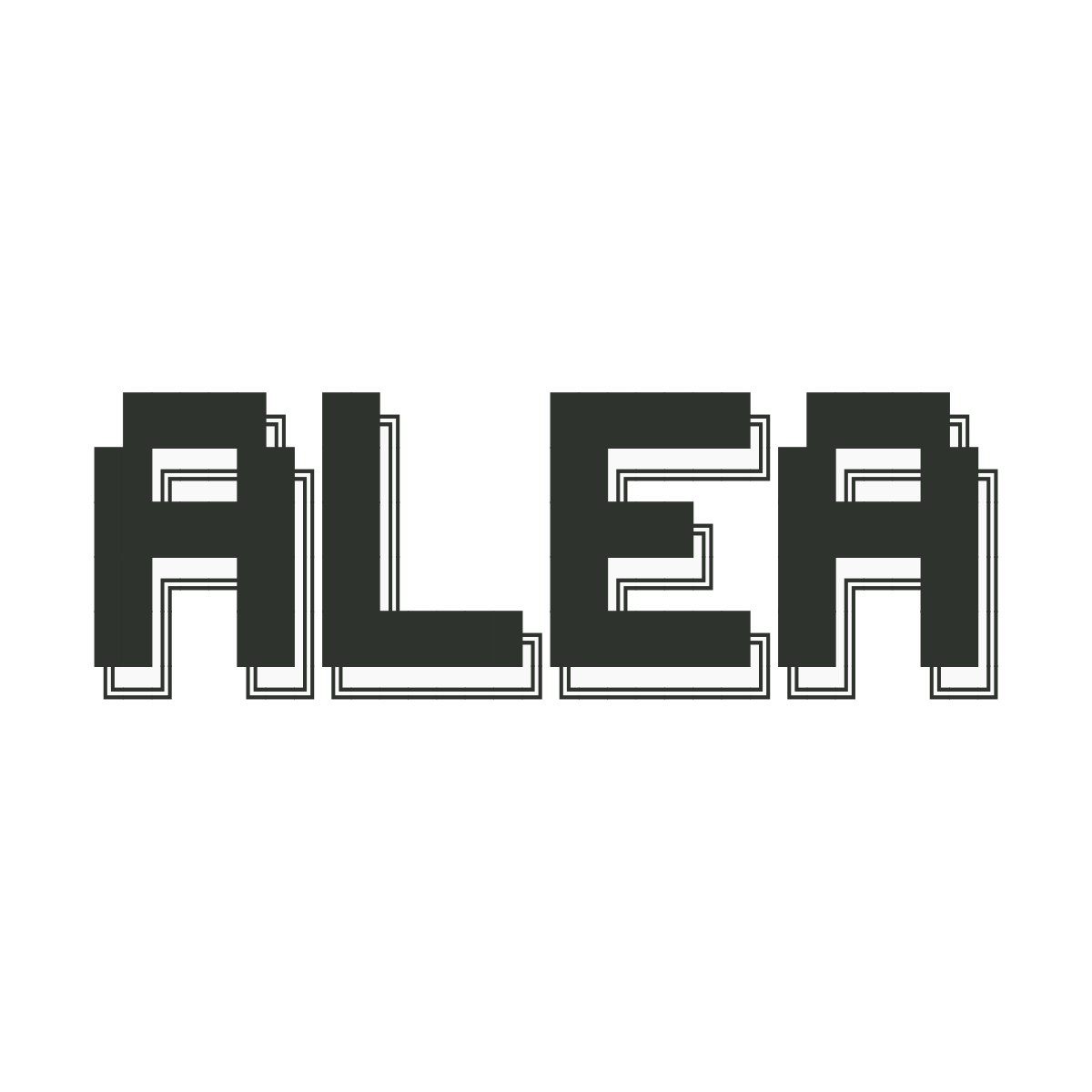|
--- |
|
language: |
|
- en |
|
- es |
|
- fr |
|
- de |
|
library_name: tokenizers |
|
license: cc-by-4.0 |
|
tags: |
|
- kl3m |
|
- kl3m-004 |
|
- alea |
|
- legal |
|
- financial |
|
date: '2024-12-30T00:00:00.000Z' |
|
--- |
|
|
|
# kl3m-004-char-16k-cased |
|
|
|
The `kl3m-004-char-16k-cased` **case-sensitive** tokenizer is a domain-specific **character-based** tokenizer trained |
|
on a stratified sample of nearly 2M documents across general, legal, and financial domains from the `kl3m-data` project, |
|
including American English, British English, Spanish, German, French, Italian, and other common EU languages. |
|
|
|
This tokenizer uses the standard Byte-Pair Encoding (BPE) tokenizer from `tokenizers`/`transformers`, but modifies the |
|
training process to restrict the vocabulary to tokens that are at most 3 characters long. Models trained with this tokenizer |
|
should be able to handle a number of use cases that are otherwise difficult to handle with standard tokenizers, such as |
|
low-resource spell-checking, OCR correction, whitespace normalization, and other tasks that require a high degree of character-level |
|
granularity. |
|
|
|
## Model Details |
|
|
|
### Summary |
|
|
|
- **Vocabulary**: 16,384 tokens |
|
- **Tokenizer type:** BPE with 1-4 character tokens |
|
- **Special token support:** Both causal and masked language modeling |
|
- **Language(s) (NLP):** Primarily English, Spanish, German, French, with a small percentage of other EU languages. |
|
- **Data Sources**: See [`kl3m-data`](https://github.com/alea-institute/kl3m-data) repository. |
|
- **Developed by:** [ALEA Institute](https://aleainstitute.ai). |
|
- **License:** [CC-BY 4.0](https://creativecommons.org/licenses/by/4.0/) |
|
|
|
For more information about the `kl3m-004` tokenizers, see the [kl3m-004-128k-cased tokenizer](https://huggingface.co/alea-institute/kl3m-004-128k-cased). |
|
|
|
#### Special Tokens for both Embedding and Generative Models |
|
|
|
For both training and inference efficiency, we intended this tokenizer vocabulary to be |
|
usable for both embedding and generative models. As such, we included special tokens |
|
suitable for both causal and masked language modeling tasks. |
|
|
|
* `<|start|>`: `0` |
|
* `<|end|>`: `1` |
|
* `<|pad|>`: `2` |
|
* `<|unk|>`: `3` |
|
* `<|sep|>`: `4` |
|
* `<|cls|>`: `5` |
|
* `<|mask|>`: `6` |
|
|
|
We also added a number of chat and instruction tokens that were not included in `kl3m-001-32k`, including: |
|
|
|
* `<|system|>`: `7` |
|
* `</|system|>`: `8` |
|
* `<|user|>`: `9` |
|
* `</|user|>`: `10` |
|
* `<|instruction|>`: `11` |
|
* `</|instruction|>`: `12` |
|
|
|
These tokens are identical to those used in the `kl3m-003-64k` tokenizer. |
|
|
|
### Replication |
|
|
|
The entire data collection and preprocesing pipeline is being made available, along with |
|
training data, as part of the [ALEA Institute](https://aleainstitute.ai) [KL3M project](https://aleainstitute.ai/work/kl3m/). |
|
|
|
The source code to used to train the tokenizer is available on GitHub at: |
|
[https://github.com/alea-institute/kl3m-embedding-research](https://github.com/alea-institute/kl3m-embedding-research) |
|
|
|
The data pipeline will be available on GitHub and S3 in the near future. |
|
|
|
This specific tokenizer was trained using the following command: |
|
|
|
```bash |
|
PYTHONPATH=. poetry run python3 \ |
|
kl3m_tokenizers/tokenizers/kl3m_004/train_char_tokenizer.py \ |
|
--min_frequency 1000 \ |
|
--vocab_size 16384 \ |
|
--pad2 \ |
|
--max_chars 4 \ |
|
sample.20241223173012.jsonl.gz \ |
|
./kl3m-004-char-16k-cased/ |
|
``` |
|
|
|
```text |
|
Training tokenizer. |
|
[00:33:12] Pre-processing sequences █████████████████████████████████████████████████████████████ 1849344 / 0 |
|
[00:33:32] Pre-processing sequences █████████████████████████████████████████████████████████████ 0 / 0 |
|
[00:00:21] Tokenize words █████████████████████████████████████████████████████████████ 20286360 / 20286360 |
|
[00:01:01] Count pairs █████████████████████████████████████████████████████████████ 20286360 / 20286360 |
|
[00:12:39] Compute merges █████████████████████████████████████████████████████████████ 16036 / 16036 |
|
Adding power-of-2 padding tokens. |
|
Padded vocab to 16384 tokens. |
|
Special tokens: 13 |
|
Power-of-2 pad tokens: 13 |
|
Final vocab size: 16384 |
|
Training time: 2863.67 seconds |
|
Output path: kl3m-004-char-16k-cased |
|
``` |
|
|
|
### Uses |
|
This tokenizer is intended to be used for English, Spanish, German, or French language tasks where |
|
character-level details are important, such as OCR correction, spell-checking, or tasks where word boundaries |
|
are not well-defined. |
|
|
|
For a standard BPE "word" tokenizer with a larger vocabulary size, consider using the `kl3m-004-128k-cased` or |
|
`kl3m-004-128k-uncased` tokenizers. |
|
|
|
### Recommendations |
|
The kl3m-004-char-16k-cased tokenizer may be particularly useful when character-level details are important but |
|
resource constraints are not as severe. For smaller vocabularies with better resource efficiency, consider using the |
|
kl3m-004-char-4k-cased or kl3m-004-char-8k-cased tokenizers. |
|
|
|
### How to Get Started with the Model |
|
Use the code below to get started with the model. |
|
|
|
``` |
|
from tokenizers import Tokenizer |
|
|
|
tokenizer = Tokenizer.from_pretrained('alea-institute/kl3m-004-char-16k-cased') |
|
``` |
|
|
|
### Citation |
|
Tokenizer and dataset publications are pending. |
|
|
|
## Contact |
|
|
|
For any questions, please contact [ALEA Institute](https://aleainstitute.ai) at [[email protected]](mailto:[email protected]) or |
|
create an issue on this repository or [GitHub](https://github.com/alea-institute/kl3m-embedding-research). |
|
|
|
 |
|
|